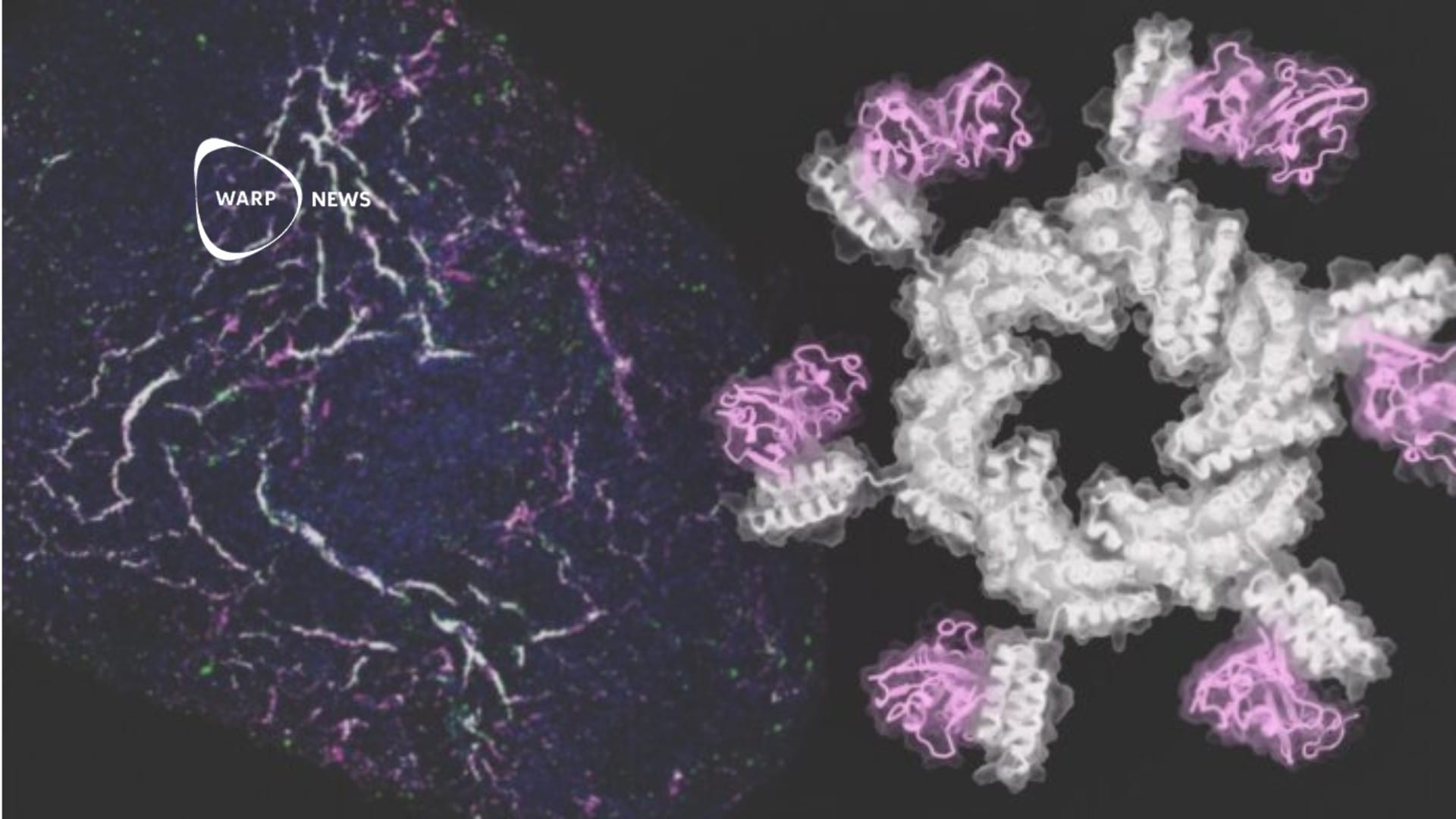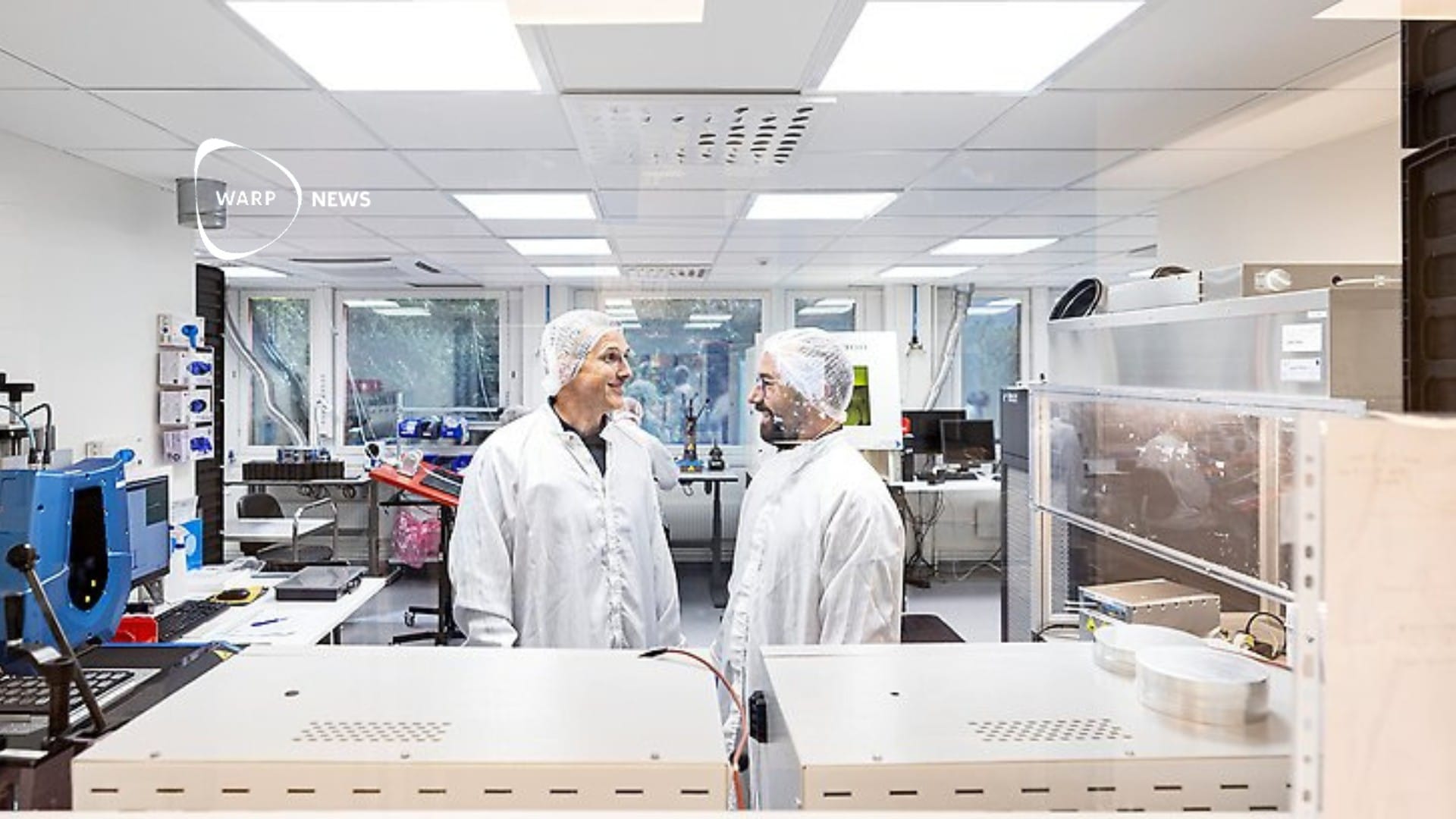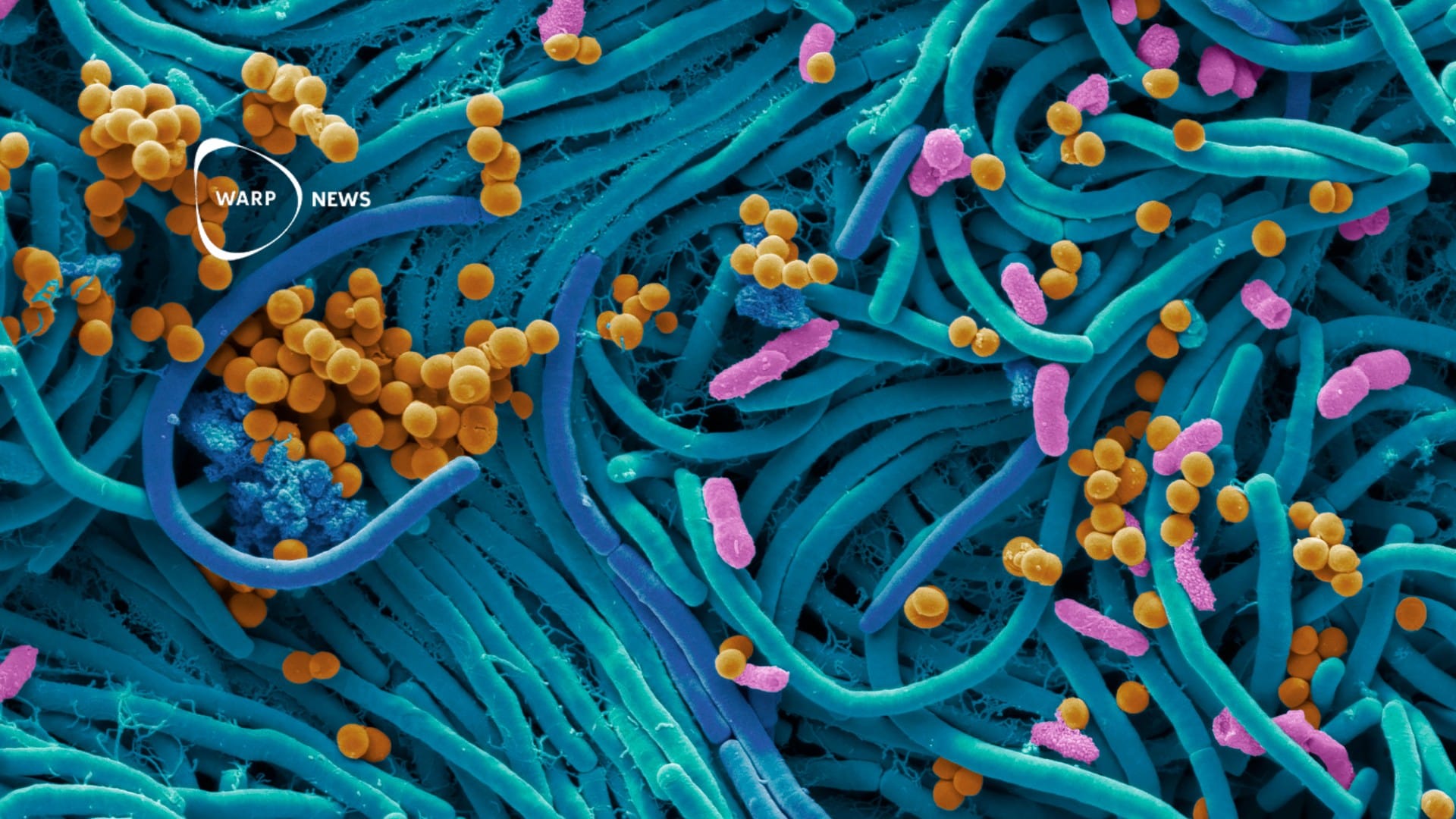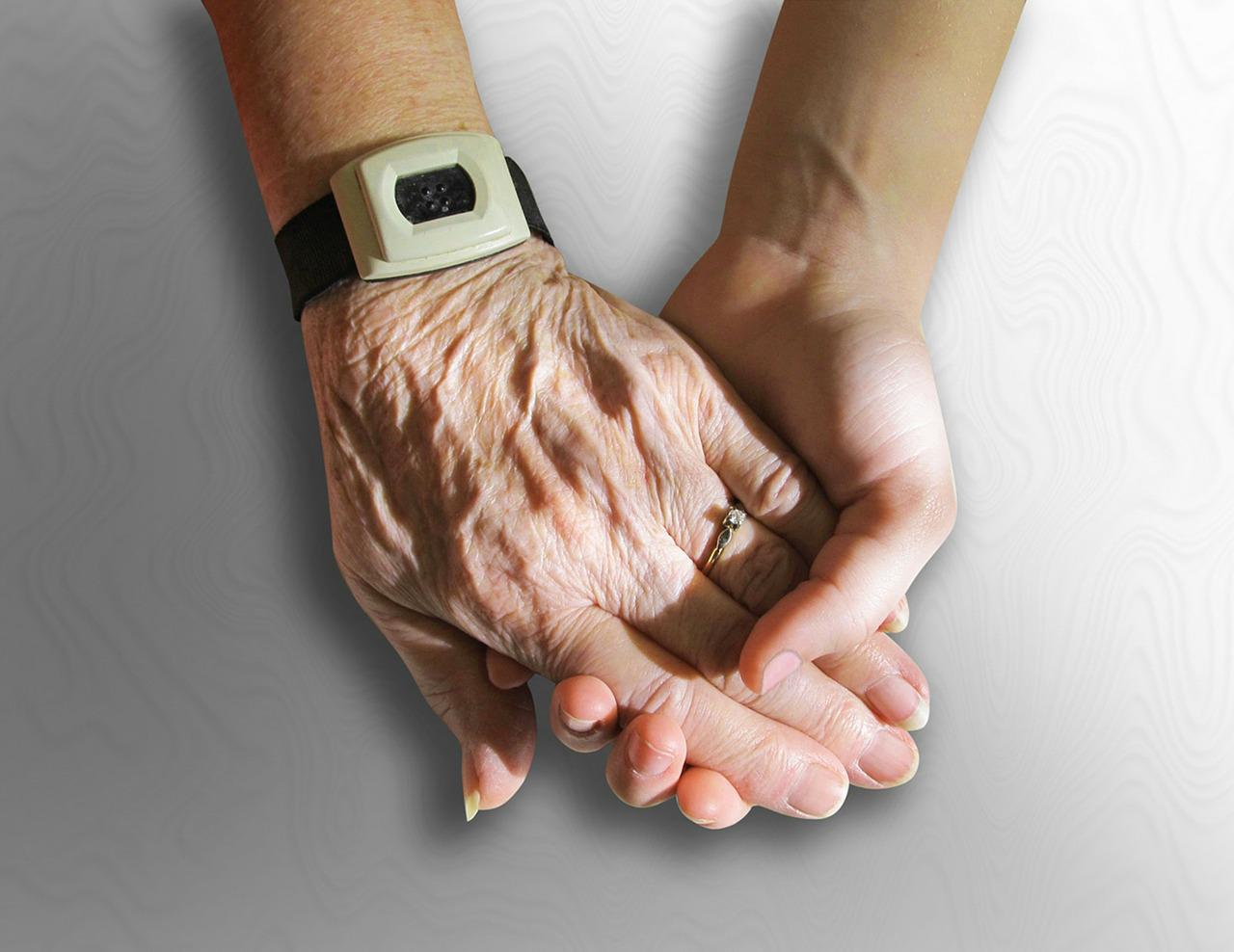
👶 Researchers "rejuvenate" skin cells by 30 years
By reprogramming skin cells, it is possible to turn back the clock and make the cells function as if they were several decades younger.
Share this story!
A research team at the Brabham Institute in the UK has succeeded in reprogramming skin cells so that they work like cells 30 years younger. The skin cells both look younger and are better at healing wounds.
So far, the research is at an early stage and the researchers have so far only conducted test tube tests, but the results are so promising that the researchers are about to try to create treatments based on the method.
The method also affects genes that are linked to age-related diseases such as Alzheimer's, so the researchers will also investigate whether it could be used to treat additional age-related ailments.
"This work has very exciting implications. Over time, we may be able to identify genes that we can rejuvenate without any extensive reprogramming and specifically focus on the genes that affect aging. This approach can pave the way for discoveries that can open up incredible new treatments", says Professor Wolf Reik, who led the research, in a press release.
The researchers have been working on developing this method for several years, but it is only now that they have succeeded so well that they have been able to publish the results.
It is all based on the skin cells being transformed into stem cells. The method for doing so was developed by Nobel Laureate Shinya Yamanaka way back in 2007, but researchers at the Brabham Institute have developed it.
Instead of turning the clock back completely so that the skin cell becomes a pure stem cell that can develop into any cell, the researchers have managed to stop the development after a while. This gives them a rejuvenated skin cell instead of a stem cell.

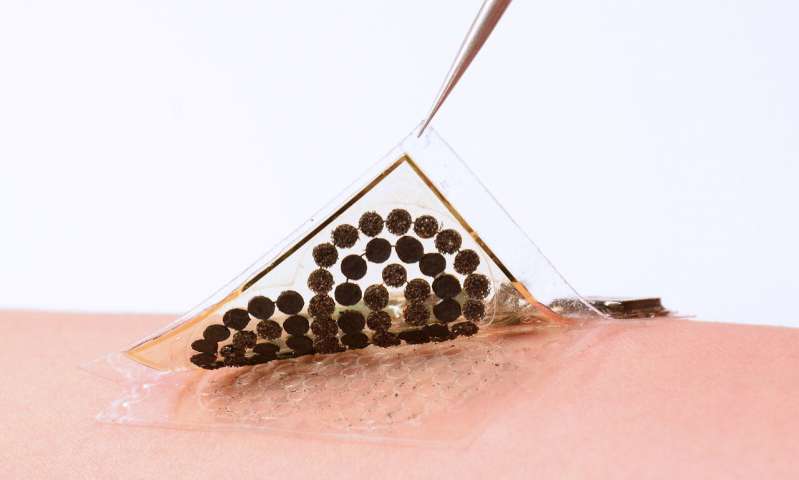
By becoming a premium supporter, you help in the creation and sharing of fact-based optimistic news all over the world.

